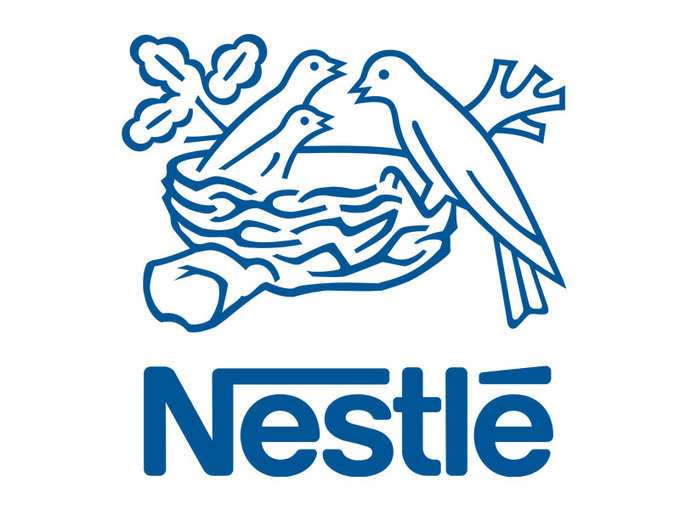 As the impact of demonetisation fades away, the consumer goods companies are looking at a better consumption to bounce back as early as next quarter.
As the impact of demonetisation fades away, the consumer goods companies are looking at a better consumption to bounce back as early as next quarter.“We have seen headwinds on demand, but there is no freeze on hiring or bonuses as growth will be back in the second and third quarters (of calendar 2017), and we have to be ready for that,” Varun Berry, managing director at biscuit maker Britannia, told ET.
PepsiCo India chairman D Shivakumar also acknowledged the impact of demonetisation on the consumer goods industry.
“But we are hiring in expectation of a consumption revival,” he told ET.
Nestle, Procter & Gamble and Dabur also made similar views.
Headhunters from Transearch, GlobalHunt and Korn Ferry said there was a slowdown in hiring at junior or middle levels in the FMCG sector after the November 8 demonetisation announcement, but that has changed now. In senior positions, there wasn’t any impact, they said.
The most fatal casualties face ddue to demonetisation were by neighbourhood stores that transact mostly in cash. Even as consumers visited modern retail outlets more frequently and paid electronically, cushioning the impact for the
According to an expert, across channels, the hit was mostly on non-premium categories targeting consumers with least purchasing power, but the highermargin premium products remained mostly insulated from the demand slowdown.
While the situation is improving for both kirana stores and the organised ones in cities and big towns with easing money supply, rural markets remain a concern.
“There was impact on demand and it was severe across consumer staples, considering that almost 90% of the sales traditionally happen across mom-and-pop stores. But a demand and consumption recovery phase is kicking in and banks are returning to a level of normalcy. However, demand recovery in rural markets will take more time as transactions have been almost entirely cash dependent,” Deloitte India partner Anil Talreja told ET.